Activist Himanshu Kumar has declared that he will not pay the fine on Thursday, as he rejects a petition filed by him seeking an investigation into the alleged torture and extrajudicial killings by security forces during anti-Maoist operations in Dantewada in 2009.
Kumar, who ran an NGO called Vanvasi Chetna Ashram in Dantewada for 17 years, stated, “I know I will go to jail. Paying the fine would imply admitting that I did something wrong.” He left the state in 2010, claiming to have been forced out due to threats following his allegations in Dantewada.
The incident in question occurred in September and October 2009 when 17 tribals, including a 12-year-old girl, were killed, many injured, and houses destroyed in villages that were then part of Dantewada and now Sukma district. While Kumar and several villagers accused security forces of the killings, the government at the time blamed the Naxals.
After Kumar approached the court in 2009, police exhumed seven bodies from the outskirts of one of the villages, Gompad.
The Supreme Court, in dismissing his petition for an investigation into the deaths, directed the CBI and state police to look into whether the PIL was filed by him intentionally to discredit security personnel and assist Left Wing Extremists. Kumar was ordered to pay a Rs 5 lakh fine for the “frivolous” litigation within four weeks, or face “appropriate steps” for recovery.
The court also stated that action should be taken against Kumar, mentioning that it should not be limited to the offence under Section 211 of the IPC. It suggested that a case of criminal conspiracy or another offence under the IPC could also emerge, leaving it to the discretion of the State of Chhattisgarh/CBI to act.
While officials of the Congress government in the state are examining the order, the BJP praised the Court’s decision. Former Chief Minister Raman Singh remarked, “The Supreme Court clarified that our forces were not wrong at the time. Himanshu Kumar and others made so much noise about innocent tribals being killed by security forces. We have been vindicated by this order, and the action against him is justified.”
Kumar claims to have been targeted by authorities since he filed the petition in the Supreme Court, leading him to flee overnight from Chhattisgarh. The Vanvasi Chetna Ashram was later demolished. He states, “My co-petitioners (family members of some of those killed and eyewitnesses) were abducted, and I was not allowed to speak to them despite the court’s order. Eventually, I was informed by friends that the state was ready to take extreme measures to silence me, prompting me to leave.”
Kumar alleges that testimonies he recorded on October 11, 2009, in the affected villages described security forces killing six people in Gachanpalli on September 17 that year, followed by two in Velpocha and Nalkathong, and nine in Gompad on October 1. In his petition to the Supreme Court, Kumar stated that family members and neighbors of the deceased witnessed security personnel attacking them without provocation.
The Centre argued that while security personnel were present, they were responding to Maoists operating in the area, a view upheld by the Supreme Court. The Centre also admitted to losing statements given by villagers in front of a district judge.
Kumar believes that the dismissal of his plea by the Supreme Court means “several families have lost hope for justice.”
Born to freedom fighter parents in Muzaffarnagar, Uttar Pradesh, Kumar grew up at Gandhi Ashram in Meerut. His father worked closely with Vinoba Bhave, who had a significant influence on him.
After marrying, he and his wife moved to Chhattisgarh to work with tribals, addressing health issues like malaria, promoting literacy awareness, and challenging the government over alleged human rights violations, particularly during the Salwa Judum movement. He extensively worked in the region, often traveling long distances on foot to reach remote areas.
“They want to pursue me for raising this issue and bringing it to court,” Kumar remarks. “I am prepared to go to jail, but I have no regrets about bringing this issue to the court.”
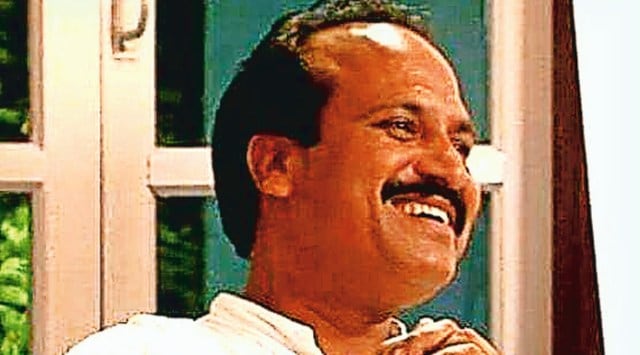
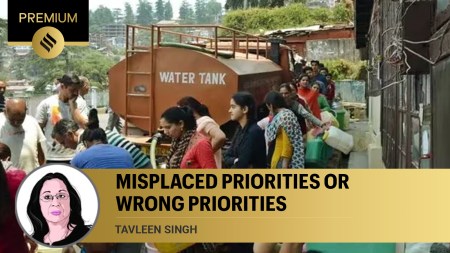

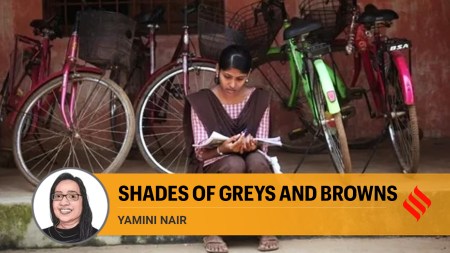

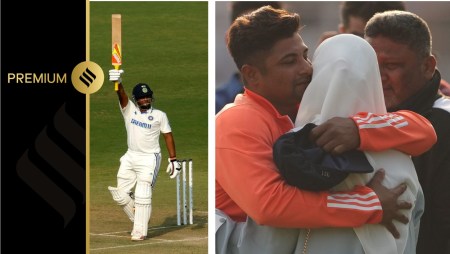

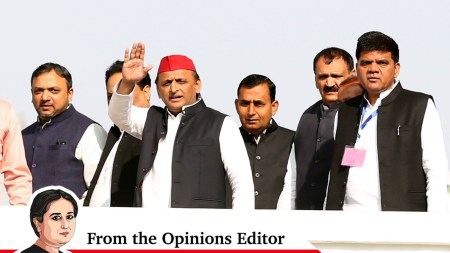
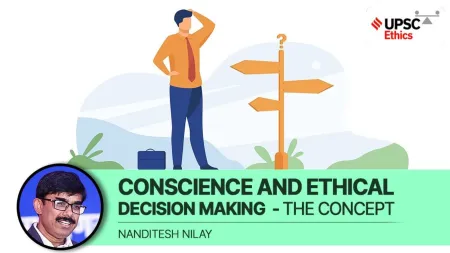





+ There are no comments
Add yours